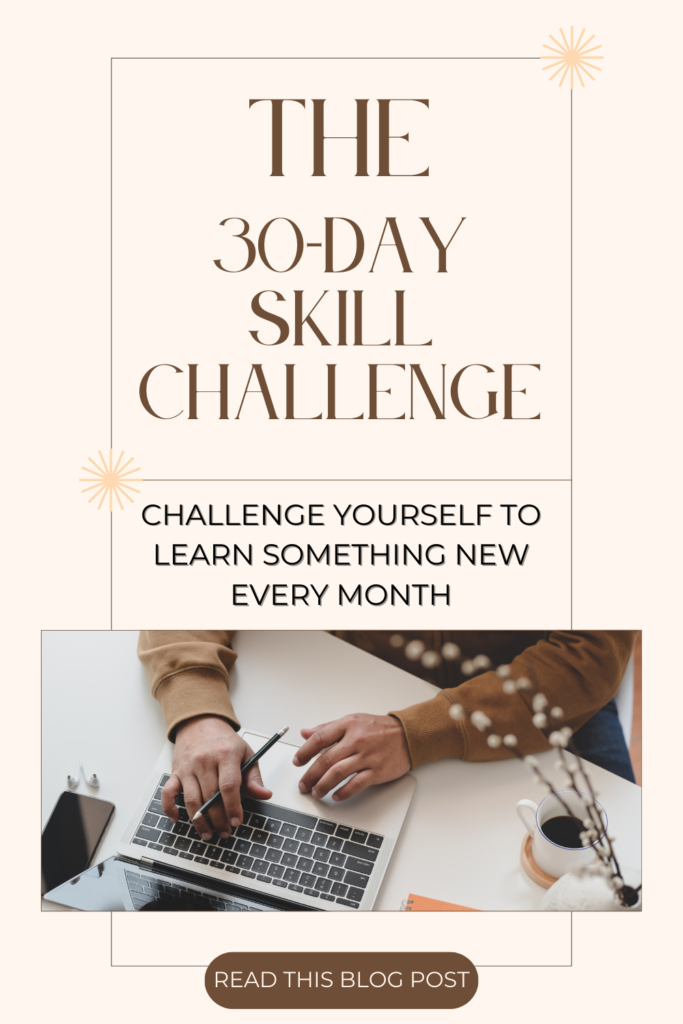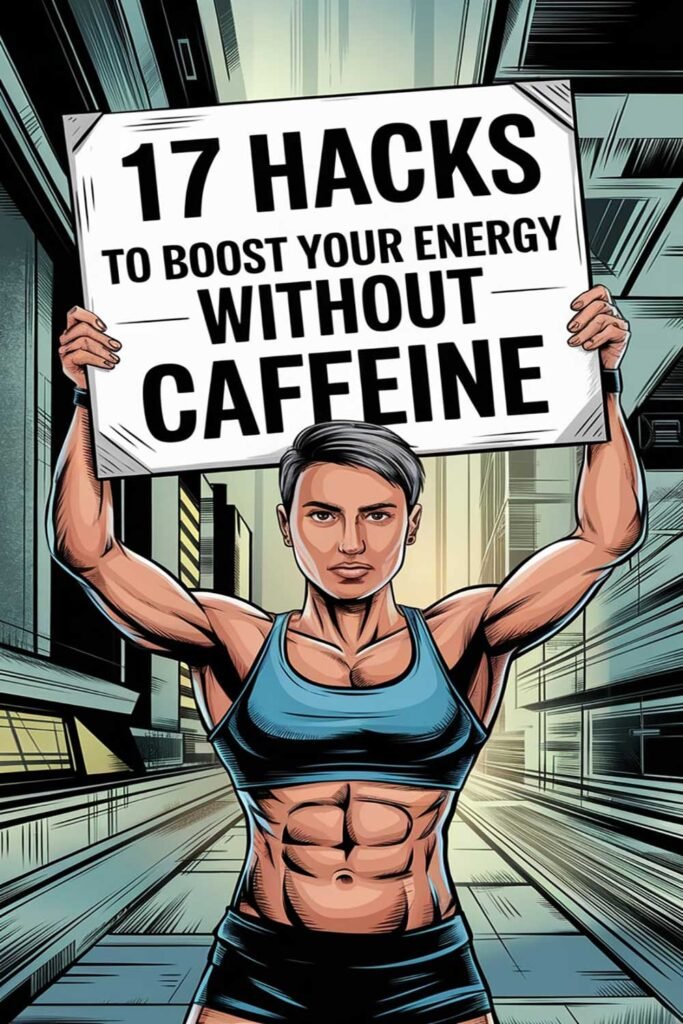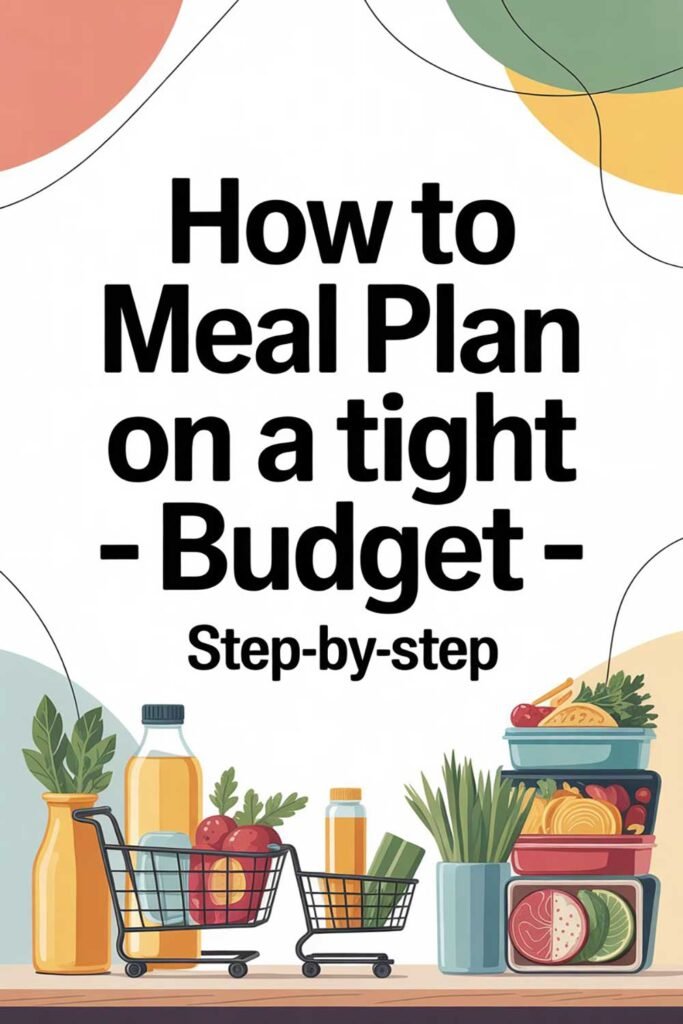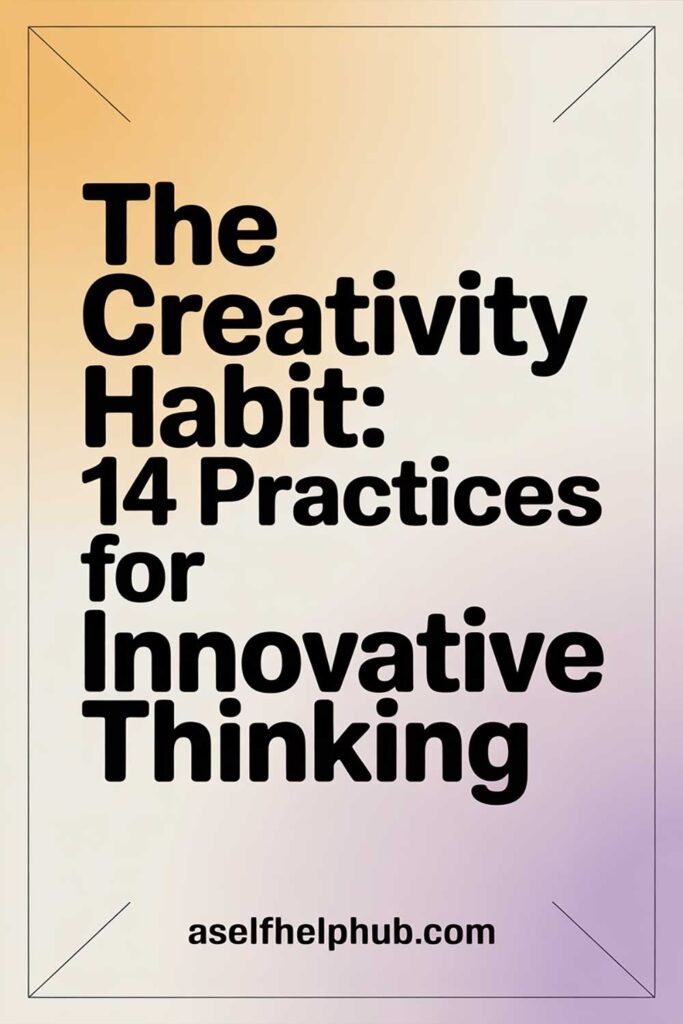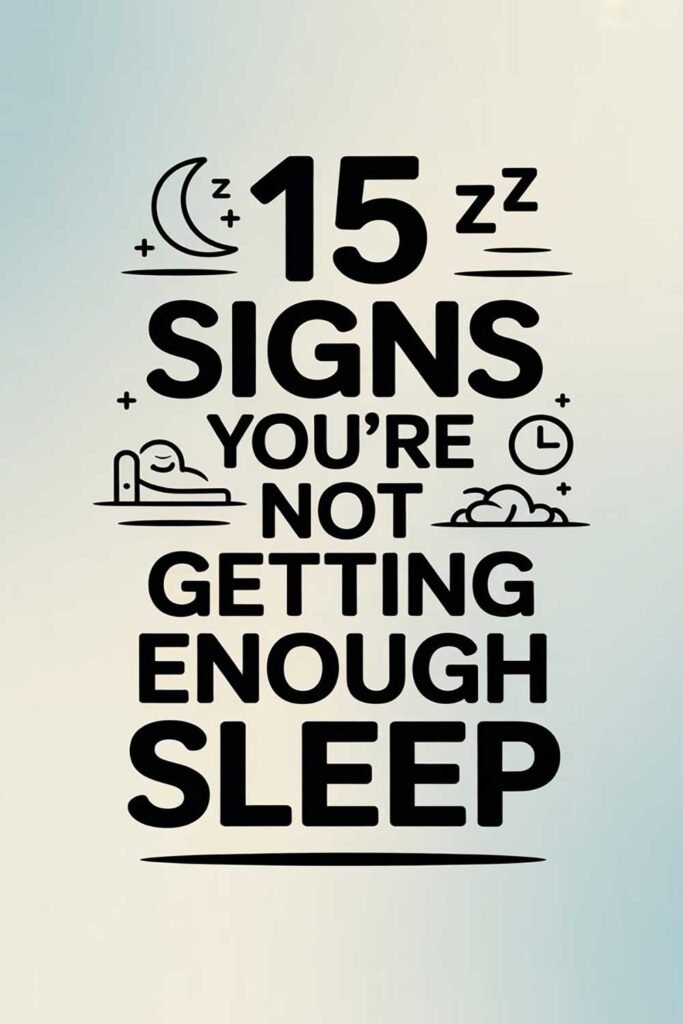10 Practical Steps to Reduce Chronic Stress
In our fast-paced world, chronic stress has become an invisible epidemic. From work pressure and financial concerns to relationship tension and health issues, stress can creep into every corner of life. Over time, it takes a toll on our mental clarity, physical health, and emotional resilience. The good news? You can reclaim control. These 10 practical, science-backed strategies—along with real-life examples—can help you reduce chronic stress, restore your balance, and feel more in charge of your well-being.

1. Practice Deep Breathing Every Day
Deep breathing activates your parasympathetic nervous system, which calms your body’s stress response.
Real-Life Example:
Melissa, a busy executive, started practicing box breathing (in for 4 seconds, hold for 4, out for 4, hold for 4) before meetings. Her anxiety decreased noticeably within two weeks.
2. Exercise Regularly (Even If It’s Just a Walk)
Exercise reduces stress hormones and boosts mood-enhancing chemicals like endorphins and serotonin.
Real-Life Example:
Jason began walking 30 minutes each morning. It cleared his mind, improved his mood, and helped him sleep better at night.
3. Create a Consistent Sleep Routine
Lack of sleep magnifies stress and affects your brain’s ability to process emotions.
Real-Life Example:
Alyssa committed to winding down with no screens an hour before bed and going to sleep at the same time every night. Her irritability and brain fog faded within weeks.
4. Limit Caffeine and Alcohol Intake
Both can heighten anxiety, disrupt sleep, and fuel mood swings if consumed excessively.
Real-Life Example:
Tom switched his second afternoon coffee to herbal tea and cut back his weekend drinking. His energy and mood stabilized, and his Sunday dread disappeared.
5. Set Clear Boundaries With Time and People
Learning to say no and protecting your time is essential for reducing emotional overload.
Real-Life Example:
Grace stopped checking work emails after 6 PM. She also declined social invitations that felt more draining than fulfilling. She felt more in control and less resentful.
6. Make Time for Joyful Activities
Hobbies and fun aren’t luxuries—they’re necessities that replenish your energy and reduce cortisol.
Real-Life Example:
Luis picked up painting again after years. Spending just 20 minutes a day on it became a powerful emotional release and stress reliever.
7. Practice Mindfulness and Meditation
Even just 10 minutes of meditation daily can shift your mindset and regulate your stress response.
Real-Life Example:
Emily started using a mindfulness app for 10 minutes every morning. Over three months, her panic attacks became rare and less intense.
8. Stay Hydrated and Eat Nutrient-Dense Foods
Hydration and nutrition directly influence your mood, brain function, and resilience.
Real-Life Example:
Mark began eating more omega-3-rich foods, leafy greens, and whole grains. His afternoon crashes and mood swings diminished.
9. Talk to Someone You Trust or Seek Therapy
Talking relieves the emotional burden and gives you perspective and support.
Real-Life Example:
Rachel started weekly therapy after months of chronic stress. It helped her process buried emotions and create a plan for long-term healing.
10. Declutter Your Space and Simplify Your Schedule
Visual clutter and overbooked days can overwhelm your nervous system. Simplicity creates calm.
Real-Life Example:
Nina began tidying one small space per day and said no to one unnecessary commitment a week. Her home and calendar felt more peaceful within a month.
🌟 20 Powerful Quotes About Stress Relief and Inner Calm
- “Almost everything will work again if you unplug it for a few minutes, including you.” – Anne Lamott
- “It’s not stress that kills us, it is our reaction to it.” – Hans Selye
- “You can’t always control what goes on outside. But you can always control what goes on inside.” – Wayne Dyer
- “The greatest weapon against stress is our ability to choose one thought over another.” – William James
- “Take rest; a field that has rested gives a bountiful crop.” – Ovid
- “Don’t let your mind bully your body into believing it must carry the burden of its worries.” – Astrid Alauda
- “Self-care is how you take your power back.” – Lalah Delia
- “Sometimes the most productive thing you can do is relax.” – Mark Black
- “Tension is who you think you should be. Relaxation is who you are.” – Chinese Proverb
- “The time to relax is when you don’t have time for it.” – Sydney J. Harris
- “Your calm mind is the ultimate weapon against your challenges.” – Bryant McGill
- “Let go or be dragged.” – Zen proverb
- “Breathe. Let go. And remind yourself that this very moment is the only one you know you have for sure.” – Oprah Winfrey
- “Simplicity is the ultimate sophistication.” – Leonardo da Vinci
- “You are the sky. Everything else is just the weather.” – Pema Chödrön
- “Sometimes peace comes not from adding things, but from subtracting them.” – Unknown
- “Rest and self-care are so important. When you take time to replenish your spirit, it allows you to serve others from the overflow.” – Eleanor Brownn
- “Balance is not something you find, it’s something you create.” – Jana Kingsford
- “A calm mind brings inner strength and self-confidence.” – Dalai Lama
- “Breathe in calm, breathe out stress.” – Unknown
🧠 Picture This
Imagine waking up without that familiar knot in your stomach. Your day begins with intention, not urgency. You breathe deeply, move through tasks with clarity, and actually feel present. Instead of reacting to everything, you respond calmly. Your evenings are peaceful, your sleep is deep, and your mind feels light.
You don’t just manage stress—you master it.
What could your life feel like if calm became your new normal?
📢 Please Share This Article
If this article brought you peace or reminded you of your power to manage stress, please share it with someone who could use that encouragement today.
⚠️ Disclaimer
This article is for informational purposes only and reflects general wellness strategies and real-life experiences. It is not medical advice. Always consult a licensed mental health or medical professional before making changes to your health routines.

